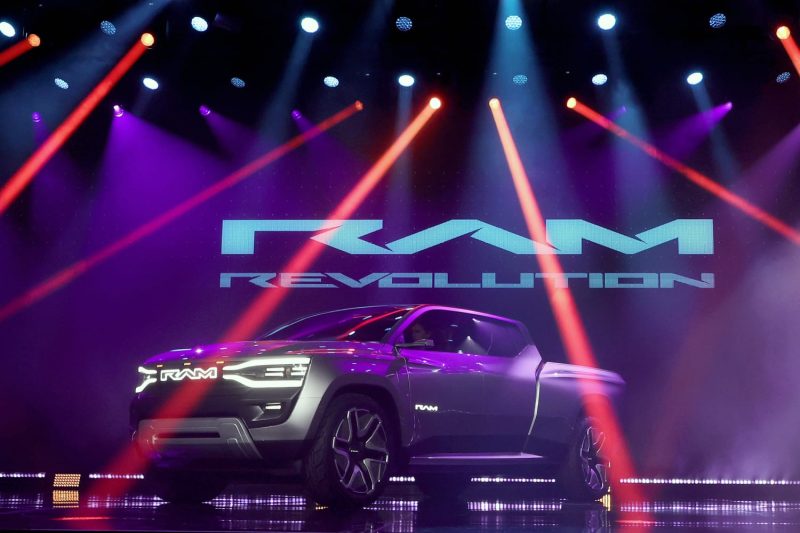The multinational automotive giant, Stellantis, has recently announced a significant reduction to its workforce with the discontinuation of its iconic Ram ‘Classic’ pickup truck. The decision that came as a disappointment to both employees and truck enthusiasts alike will see an alarming 2,450 plant workers losing their jobs.
Stellantis, the group that owns Fiat Chrysler, has made this strategic decision in line with the global trend towards electric and fuel-efficient vehicles. It is a part of their long-term vision to streamline their product line and increase investment in electric vehicle manufacturing.
The Ram ‘Classic’ pickup truck, a symbol of robust automotive engineering, and a favorite among truck enthusiasts for its unmatched power and rugged aesthetics, has seen a decline in demand. This shift in consumer preferences towards greener alternatives has urged automakers, including Stellantis, to pivot their focus on creating electric vehicles (EV).
Considered a legacy model, the Ram ‘Classic’ was a steady performer for Stellantis, delivering consistent sales throughout its existence. The decision to discontinue the truck model has been viewed as necessary yet regretful. Stellantis acknowledged that it had to take this step to shape a more sustainable and innovative future.
The layoffs generated due to this development are expected to impact 2,450 plant workers. This is a significant blow to plant workers associated with the assembly of the Ram ‘Classic’ model. However, Stellantis has pledged to support the affected workers through this transition. It is expected that the multinational would provide necessary aid in terms of skill development and job placement assistance for its departing workforce.
The layoffs also reinforce the changing dynamics of the automotive industry and the impact it holds on employment. The move away from traditional combustion engines to electric powertrains requires a new skill set, resulting in job losses but also creating an array of new opportunities. It underscores the need for upskilling and reskilling workers in the sector to meet the demands of the rapidly evolving industry.
Amid the job cuts, the silver lining lies in the prospective opportunity for Stellantis to make a significant investment in the booming EV sector. This strategic shift may yield promising results in terms of maintaining their competitive edge in the industry while contributing positively to environmental sustainability.
In summary, while the discontinuation of the Ram ‘Classic’ pickup truck and associated layoffs are regrettable developments, they mark a shift in the broader context of the automotive industry’s evolution. As Stellantis and other automakers increasingly pivot towards electric vehicles, both opportunities and challenges are ahead. The need for reskilling workers and managing transitions responsibly is more important than ever.




